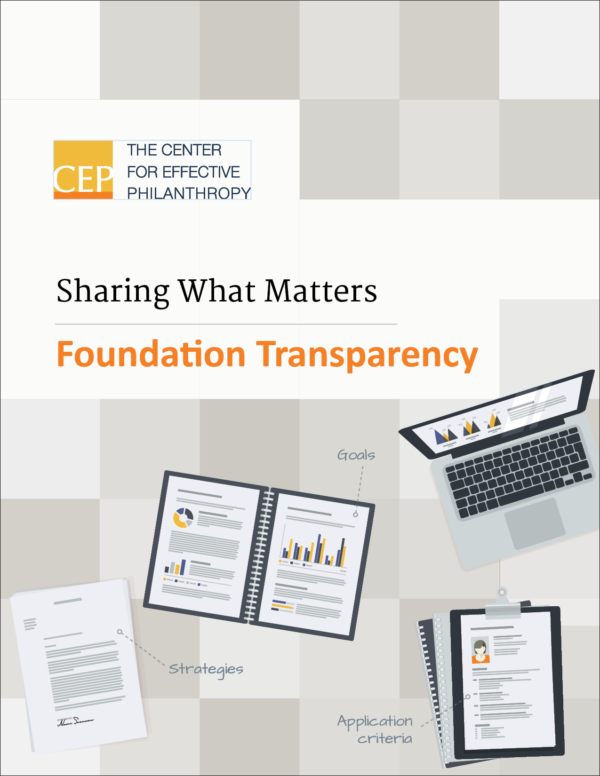

Foundations may be tax-exempt under Section 501(c)(3) of the U.S. Internal Revenue Code upon a finding that they exist for one or more exclusively charitable purposes. Donations to most types of 501(c)(3) organizations are tax deductible under IRS regulations. Foundations may also receive funding from other foundations offering grants or other funding opportunities, and in certain situations may provide revenue for chambers to pursue goals aligned with the foundation’s mission.
Many chambers have started foundations with 501(c)(3) tax status to support their communities. Some of the most active chamber foundations have a few things in common:
In 2014, more chambers participating in ACCE’s annual Operations Survey reported having a 501(c)3 foundation than did not, and the trend has continued since. In 2020, 65% or participating chambers reported having a 501(c)3 foundation.
Chambers of commerce are in the community impact business and the pandemic has spurred engagement with social issues that have traditionally been considered outside the scope of chamber work, including racial equity and economic inclusion. Chambers are leveraging their foundations to create new revenue streams to support mission-based work and recognizing the potential for growth through fundraising over traditional dues and non-dues revenue, particularly in times of crisis.
View more data in ACCE's 2020 Economic Recovery Report, (collected via Dynamic Chamber Benchmarking).
Connecting the right funders to the foundation’s strategic plan will create new revenue streams to support the chamber's mission-based work.

Association of Chamber of Commerce Executives
1330 Braddock Place, Suite 300 | Alexandria, Virginia 22314
703-998-0072
©2019 | Privacy Statement | Disclaimer
Facebook Twitter Instagram